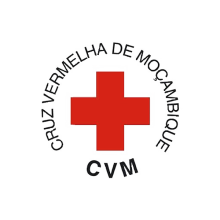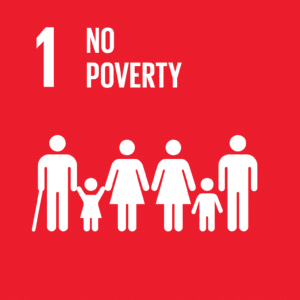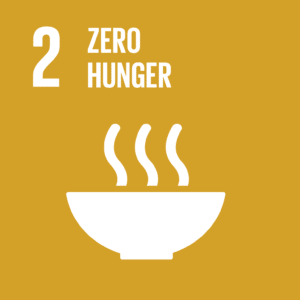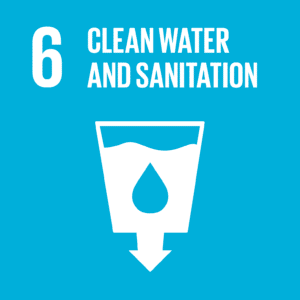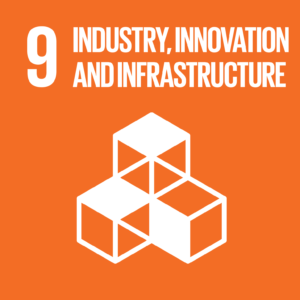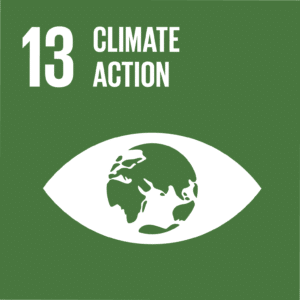Strengthening the climate resilience of fishing communities

Training communities in sustainable fishing practices in Mozambique
Mozambique, especially the coastal province of Inhambane, is plagued by extreme weather conditions, including droughts, floods, and cyclones, resulting in humanitarian crises. These events lead to severe damage to infrastructure, livelihoods, and displacement of the population.
These climate-related disasters pose a serious threat to the rural population of Inhambane. A lack of clear disaster plans, poverty, inadequate communication tools such as Early Warning Systems, and a shortage of trained volunteers in disaster management make the population vulnerable to the direct effects of disasters.
Artisanal fishing is essential for livelihoods along the coast of Inhambane, but harmful fishing practices and cyclical climatic events cause damage to essential marine ecosystems such as seagrasses, coral reefs, and mangroves. This leads to a decrease in fish catch, threatening food security.
Establishing clear disaster plans and enhancing food security
Local Committees for Disaster Risk Management (LCDRM) are being established and trained to disseminate warnings and organize humanitarian operations during disasters. They receive emergency preparedness kits and training in the use of first aid kits, stretchers, megaphones, etc. Fishing communities will be trained in a new first aid course specifically tailored to the needs of the coastal population, namely the First Aid for Aquatic Rescue Module (FAAR).
Early Warning Systems are being implemented to enable two-way information flows between local authorities and communities. The Local Committees for Disaster Risk Management (LCDRMs) are being trained in interpreting early warning messages and reporting after a disaster.
Farmer clubs are being established and trained in sustainable agricultural technologies, such as identifying fertile soil, using organic compost and pesticides, and irrigation techniques, to increase agricultural productivity. Fishing communities are being trained to promote good practices for the sustainable management of natural resources within the communities.
Four Local Committees for Disaster Risk Management (LCDRM) will be established, with 21 community members trained per committee, supported by community leaders.
In addition, 4 farmer clubs will be established, each consisting of approximately 25 farmers. They will receive customized agricultural training, tools, and seeds. This will increase agricultural productivity in the communities, thereby enhancing food security.
Would you like to know more about this project?


